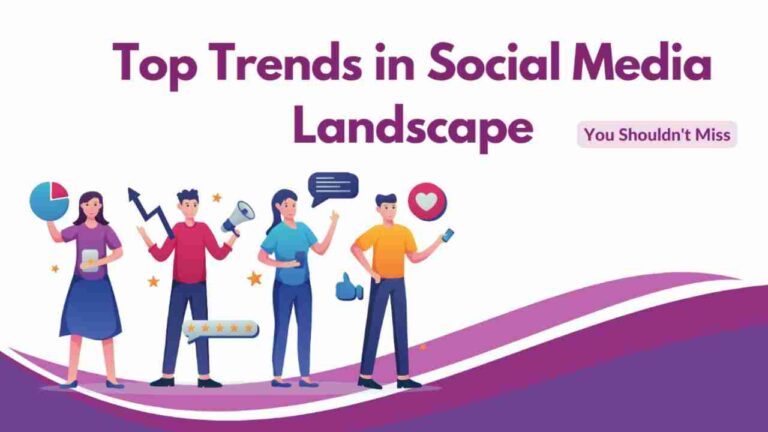TikTok, WhatsApp, YouTube Kids, Facebook, Messenger, Instagram, Messenger Kids, Pinterest, Reddit, and Snapchat are popular social media platforms for pre-teens and teenagers.
Pre-teens and teenagers enjoy using online chat in multiplayer video games like Fortnite, League of Legends, Clash of Clans, and The Sims.
For many pre-teens and teenagers, social media plays a significant role in their creative and social lives.
The advantages of social media include connection, education, and creativity. Cyberbullying, privacy violations, and exposure to inappropriate information are some risks. Pre-teens and teenagers who use social media responsibly, politely, and securely benefit from written rules.
ExpressVPN’s survey made on 2,000 children aged 4 to 13 who have access to the internet in the U.S. and the U.K., as well as their parents or guardians, concluded the following risks for the teenagers who use social media platforms:
1. Targeting Children
According to the National Center for Missing & Exploited Children, reports of online child predator cases increased by over 97% in 2020. Moreover, one criminal may sexually extort dozens, sometimes even hundreds, of young victims, according to the FBI.
It could begin with a straightforward friend request or message. Predators sway children with promises and pretend common interests. Later, they take advantage of that curiosity and move into sexual terrain. With this “grooming,” they eventually win their victims’ confidence and use them for their ends.
2. Identity Theft Scams
On social media, scammers and fraudsters are equally active, and all it takes for them to connect with your children is a straightforward friend request or follow request. Most people have seen enough phishing emails, robocalls, and scams to know better than to divulge their Social Security numbers or click on dubious websites. Unfortunately, every year hundreds of young people fall victim to identity theft frauds, which frequently originate on social media.
3. Exposure to Inappropriate Content
Unprotected social media feeds can contain violence, racism, drugs, and sexual content. Is it that bad? Facebook and YouTube moderators sign documents indicating their risk of post-traumatic stress disorder from their job.
4. Sharing of inappropriate content
Children might need to be made aware of the long-term effects of the things they choose to post online. After all, frequently, all that is required is to apply a filter and click the “publish” link. Posting personal information can be bad enough since it might attract fraudsters and predators, but kids sometimes need to realize the impact of their social media decisions. Tell them that everything posted online should be seen as permanent even though they can erase it. Whether or not they wish to, others may readily download and distribute their posts publicly by taking screenshots of them or in another way.
5. Wrong information
Your children could encounter outright lies presented as facts every day thanks to fraudulent accounts and bots that distribute everything from false political information to spurious health science. Make careful to examine and discuss the information that is posted to your children’s newsfeeds.
6. Cyberbullying
Cyberbullies use the online community to discredit their peers. About 60% of students have experienced bullying or harassment online, according to a Pew Research survey. Today’s youth build accounts for school-specific gossip, casually send abusive messages, and post destructive content about one another. Children may act out because of the nature of social media, but you can educate them on how to moderate their behavior and stop cyberbullying.
7. Social Media Addiction
Fundamentally, social media is tailored to keep youngsters browsing. Using the persuasive design, expert psychologists create social networks that teach users to stay connected. Platforms may draw users in at a young age and keep them securely looped in by taking advantage of children’s social instincts. Then, it can progress to something close to an addiction that can influence judgement and, when eliminated, even cause withdrawal.
8. Victim to Targeted Ads and Marketing
More time spent on the app means more exposure to advertising targeting consumers with highly targeted marketing. Little children are particularly vulnerable to laser-focused advertising tactics because they struggle to discriminate between enjoyment and commercials. There’s bad news if this makes you uneasy: You can’t completely shield your kids from this type of social media advertising.
Conclusion
Even for younger children, banning social media might be challenging. Social media is becoming more prevalent in kid-friendly applications, games, websites, and learning settings. It is preferable to instruct your youngster on social media etiquette and how to avoid common pitfalls.







